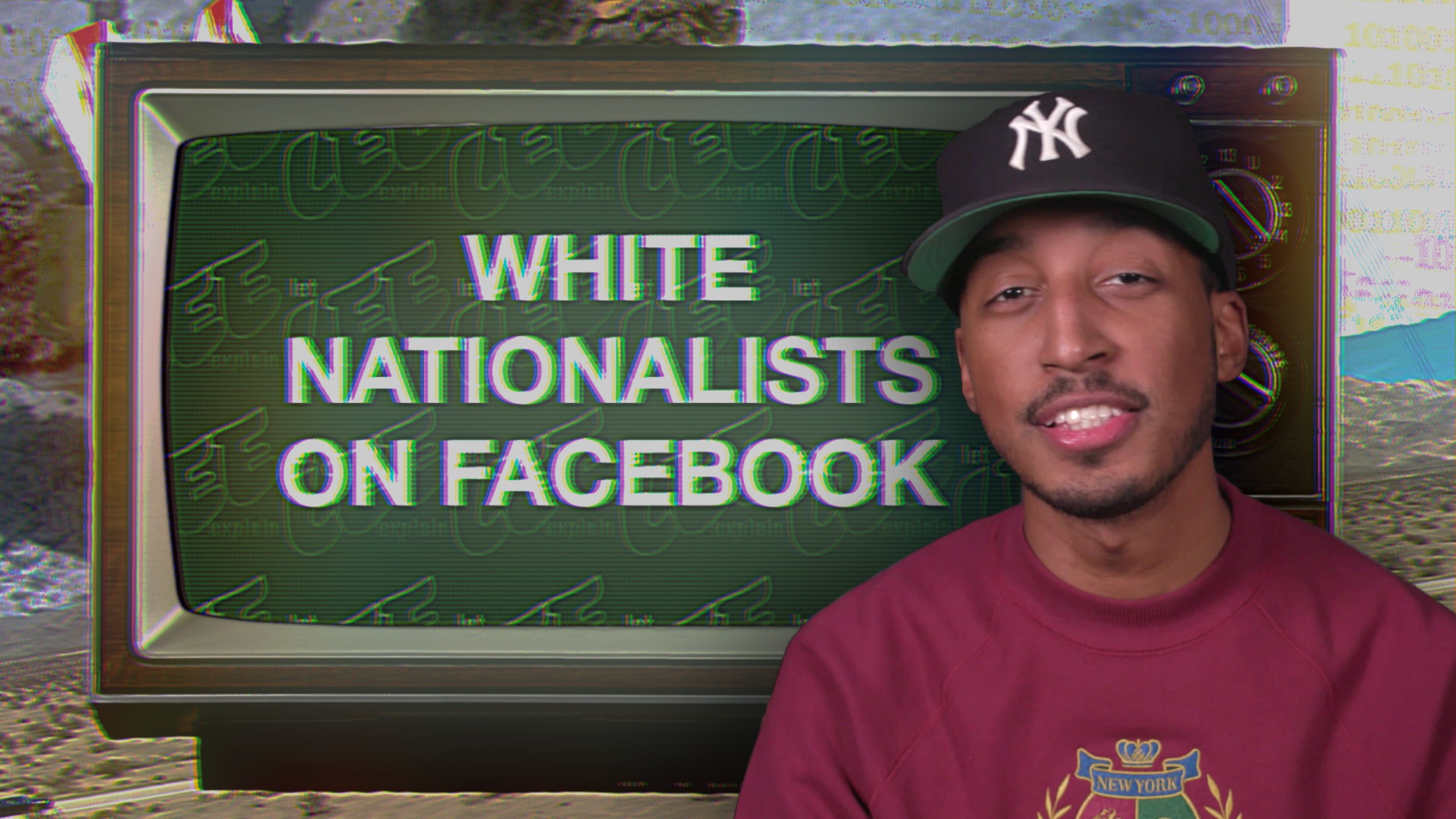Facebook will give politicians a free pass to post hate speech and other violations of the social media giant’s policies because it believes it’s “newsworthy content.”As the U.S. prepares for what’s likely to be its most divisive presidential election in recent history, critics claim the new policy will be exploited by those seeking to stoke those divisions for political gain.Facebook hasn’t been fact-checking politicians' posts for over a year now, but on Monday the company went further, saying it would label them as “newsworthy content” — meaning they will not be taken down even if they break the company’s community standards.The company said it doesn’t believe “it’s an appropriate role for us to referee political debates and prevent a politician’s speech from reaching its audience and being subject to public debate and scrutiny.”Facebook said politicians’ content will be removed if it has the potential to incite violence or pose a safety risk that outweighs the public interest value.The news was announced by Facebook’s head of policy, Nick Clegg, himself a former politician, in a speech that also implored politicians not to break up or “dismember” the technology giant.Experts worry that neither Clegg nor Facebook has said how they define who is a politician, whether they will need to be verified, or whether the politician needs to be elected or simply running for office.Facebook did not respond to VICE News’ request for comment.Earlier this month the company censured the Facebook page operated by Israeli Prime Minister Benjamin Netanyahu after visitors were greeted with a message warning of the dangers of the establishment of a left-wing government composed of "Arabs who want to annihilate us all — women, children and men.”Under the new rules, that comment might remain on the platform, though Facebook has not laid out exactly how it will judge whether a post that contains hate speech is newsworthy enough to remain online or not.Last year, the company removed accounts associated with the Myanmar military for spreading hate speech. Although the military wields enormous power in Myanmar, it’s not clear whether Facebook will treat them as politicians under the new rules.READ: Facebook wants you to know it’s doing something about domestic terrorism, sort ofWhile Facebook has lifted restrictions on what politicians can post on its platform, other companies are moving in the opposite direction.Twitter announced in June that it will identify and de-emphasize content from politicians that broke its rules: the offending tweet will be covered, and users will have to click on a link to view it.Facebook, by contrast, says it won’t label any content from politicians that crosses the line into hate speech.“The specifics of this new policy extension aren't listed, but considering the extremist, violent rhetoric on the right, this exemption is absolutely wild,” Natalie Martinez, a researcher specializing in extremist content at Media Matters, tweeted. “Facebook refuses to acknowledge its role in radicalizing the right and elevating violent rhetoric.”READ: Facebook in India is drowning in hate speechFacebook has been widely criticized for allowing authoritarian regimes to use the platform to silence opposition voices while promoting their own agenda unchecked.Facebook works closely with governments and politicians across the globe, often embedding employees directly with politicians’ teams.Political ad spending on Facebook is a small fraction of the company’s overall ad revenue, but it is growing. In 2018, the company raked in over $600 million in the U.S. alone from political advertising.However, the company was heavily criticized for allowing ad campaigns run by Russian disinformation operations on its platform in the lead up to the 2016 election.READ: Judge forces Facebook to reveal its ties to Cambodian strongmanFacebook says it has taken steps to curb a repeat in 2020, including the need to verify the location of those buying ads, but there are still major loopholes in its policies. Cover: AP Photo/Noah Berger, File
Cover: AP Photo/Noah Berger, File
Advertisement
Advertisement
Advertisement
Experts say the company’s latest decision could undermine any good work it has done.“To give politicians essentially free reign to lie, gaslight, and spread hate on the largest social platform on the planet isn’t just misguided, it’s actively dangerous, violent, and anti-society,” Alex Newhouse, a researcher at the Center on Terrorism, Extremism, and Counterterrorism, tweeted.

